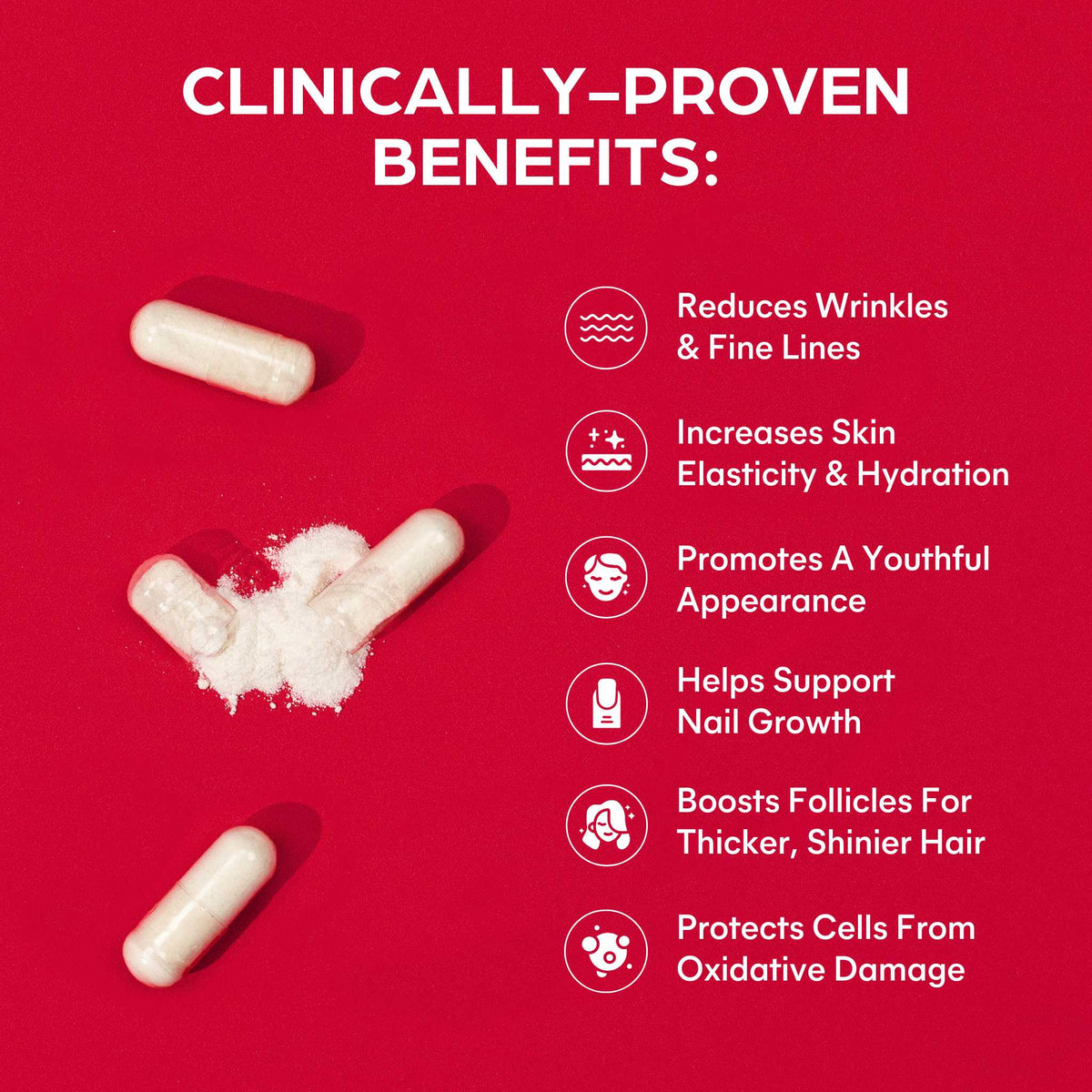Each June we celebrate Men's Health Awareness month which helps to raise awareness for some of the most common health issues faced by men through a variety screening and educational campaigns.
Did you know that men, on average, die five years earlier than women? Or that 65 percent of men delay going to the doctor for as long as possible, even for a routine checkup? While the reasons may range from feeling embarrassed or uncomfortable to just downright stubbornness, many men avoid addressing their health over the fear of a bad outcome or diagnosis.
This isn’t the only striking statistic, as there are a handful of life-threatening health issues that men commonly experience. In most cases, though, men can bypass these outcomes, and it begins with spreading awareness. With more awareness of these health issues and the reminder that prioritising health can be straightforward, men can start improving their health and quality of life by choosing proactiveness over avoidance.
Here are five of the most common health issues that men are faced with:
Depression and Suicide
At least six million men suffer from suicidal thoughts and depressive disorders annually. Suicide rates are three to four times higher among men than women, and, in most cases, this is due to men’s symptoms going unnoticed or undiagnosed.
Many men either avoid talking about their emotions or are never taught to recognise the signs, compromising their health and wellbeing. While various uncontrollable causes can contribute to depression, like major changes and loss, there are certain factors men can control, such as their vitamin D levels.
According to InsideTracker, 37% of men have below optimal levels of vitamin D, essential to healthy brain function. There are vitamin D receptors in areas of the brain associated with depression, so higher levels of this vitamin may help improve these numbers.
Diabetes
80% of men have above optimal blood glucose levels, making them more likely to develop type 2 diabetes.
When you develop type 2 diabetes due to genetics or lifestyle choices, your body doesn’t produce enough insulin or becomes resistant to it, which affects how your body processes blood sugar (glucose).
While it is imperative to address your diabetes through diet, exercise, and medication, apple cider vinegar may also help manage your blood sugar and insulin levels. Even if you don’t have diabetes, you can still help maintain normal glucose levels by improving your insulin sensitivity with ACV.
Cardiovascular Disease
When heart disease goes undetected, it can lead to serious complications. More than 30% of men have cardiovascular diseases, such as stroke and coronary artery disease. One of the most critical risk factors of heart disease is high cholesterol levels caused by an unhealthy diet and physical inactivity.
74% of men have above optimal LDL cholesterol levels, and routine checkups and lifestyle changes can keep the heart beating healthily and strong. Men can supplement these checkups and changes with a daily intake of apple cider vinegar, which can help lower blood pressure, triglyceride levels, and cholesterol.
High Blood Pressure
20% of men have below optimal magnesium levels. A magnesium deficiency may increase one’s blood pressure, increasing the risk of heart disease, stroke, and other fatal complications.
Magnesium supplements can benefit people with high blood pressure by replenishing this essential mineral in the body. Not only that, but Magnesium has many crucial functions in the body, which is why optimal magnesium levels also help with everything from tiredness and fatigue to muscle function and maintaining healthy bones.

Magnesium Citrate
Prostate Cancer
Prostate cancer poses a serious threat to men worldwide, with complications that include erectile dysfunction and urinary incontinence. A healthy diet and exercise can significantly reduce one’s risk of prostate cancer, as does higher amounts of vitamin K2. Also, when consumed with vitamin D3, the two work together to maximise absorption and, as a result, optimise men’s health.





















